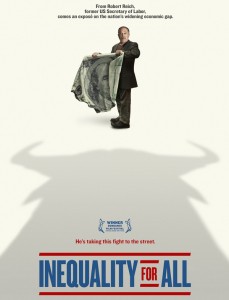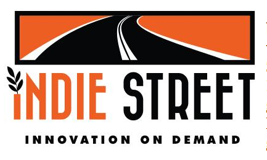By Roger Jackson
Previously: Secret 19-Point VoD Marketing Plan, Part II

Before I dive into the final part of the Marketing Plan, a quick Kinonation update. We’re now delivering 3 or 4 films a day to video-on-demand exhibitors. That’s a thousand films a year. Not bad, and we’re just getting started. For me the best part is when people respond to films we distribute. One of the dozens of Kinonation films that went live on VoD in August was “Good People Go to Hell…” It’s an honest, objective and entertaining doc about hard-right Christianity. My favorite online review: “Great movie. Great education about a world I didn’t know much about. Though I don’t share their views, I love listening to people that have passion for what they believe in.” Kinonation isn’t the director, obviously, but there’s enormous satisfaction from helping filmmakers get their films seen, worldwide. That’s what we do. That’s what we love.
OK, back to the Secret 19-Point Marketing Plan. Here’s 13-19.
13. Mailing List: For indie films, building and exploiting a mailing list can be the single most important marketing action. Why? Because these are the people you’ve already connected with — maybe via Kickstarter, or at a festival screening. They CARE about your film. So you’ll get a high return on investment (in time & effort) from communicating with them. You should start building your mailing list early — at the inception stage of your film project. Collect emails relentlessly — at parties, events, festivals. Ask for business cards, and then be disciplined about adding that name & email to your list. You don’t need fancy software — a simple list in Excel or Word is fine.
14. Google and SEM: I truly believe the holy grail for VoD marketing is effective SEM — Search Engine Marketing. It’s what Wall Street brokers would call arbitrage. The internet just makes it scalable. Here’s an example: your film is on Vudu, price is $5 for a rental. You get 50% of that five bucks — $2.50. So you can afford to spend $2.49 on advertising for each rental, since you’d still make a penny. Obviously that’s cutting it a bit fine, so let’s say you’re OK spending $2 to get $2.50 back. You could do that all day, right? That’s SEO arbitrage, and that’s the Google business model.
 My first documentary, INEQUALITY FOR ALL, opens theatrically on September 27th in the top 25 markets. This is an extraordinary release for a doc, and I couldn’t be any more proud of the film.
My first documentary, INEQUALITY FOR ALL, opens theatrically on September 27th in the top 25 markets. This is an extraordinary release for a doc, and I couldn’t be any more proud of the film.




